A few months ago in January of 2022, Ari Lennox, a well known and admired US R&B singer made the decision to accept some interviews from South Africa, the first one being with a big South African podcast personality, Mac G.

The events from the interview — that resulted in Lennox’s decision — turned awry when Mac G inappropriately and crassly asked about Ari Lennox’s sex life saying: “Is someone fucking you good right now?” Ari, attempting to protect herself from the brutally uncomfortable situation called out the misogynistic comment and tweeted her thoughts and opinions about the situation. This invited many South Africans online to harass the singer claiming that the question was just based on a sexual song that she had previously released so it’s all on her.
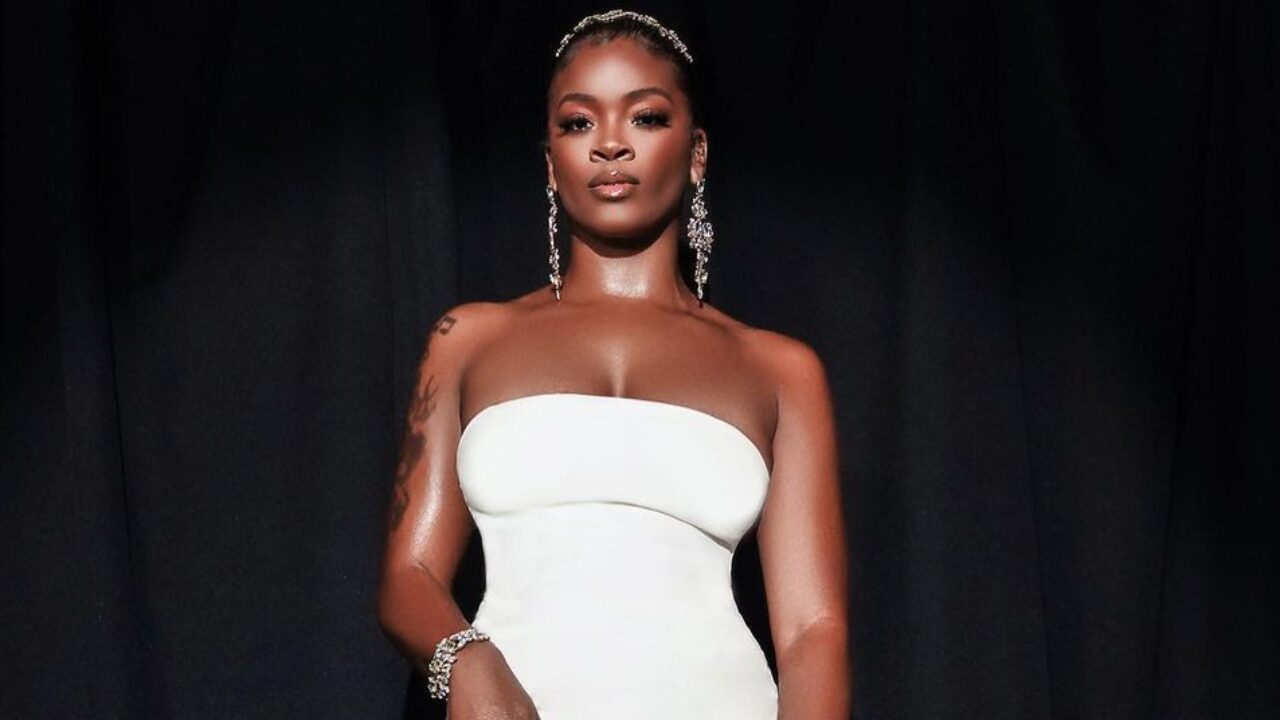
The battle between a group of South Africans and Ari Lennox continued after she responded with disapproval to what seemed like an innocent tweet from a well known Twitter user / social media personality Mr Smeg also known as Michael Bucwa.
“Hey @AriLennox, you are beautiful and I love your music. When are you coming to South Africa?”
The comment was soon responded to by the popular R&B singer
“No thanks, Smegma! Your entire existence is nauseating.”

At the offset, it could seem like Lennox was being rude to Bucwa for a seemingly innocent tweet but that was quickly disproved when fans recollected a tweet of his just a few months before calling the singer ugly for asserting herself against a previous situation with Mac G.
“Ari Lennox is not beautiful”
It seems like the singer did not forget his distasteful comment after the incident with Mac G; a comment that is now in direct conflict with what he proclaims now. Mr Smegs’s persona is built on a foundation of being a “nice guy”. Unfortunately, that slipped when he indirectly agreed and defended the misogynistic question made by Mac G.
The idea of the ‘nice guy’ is not a new idea. For years, femmes have recognised patterns within men who seem to play into some sense of innocence and integrity while perpetuating patriarchal ideas and behaviours. Could Mr Smeg just be another pillar of a system of intense hatred towards femmes in South Africa?
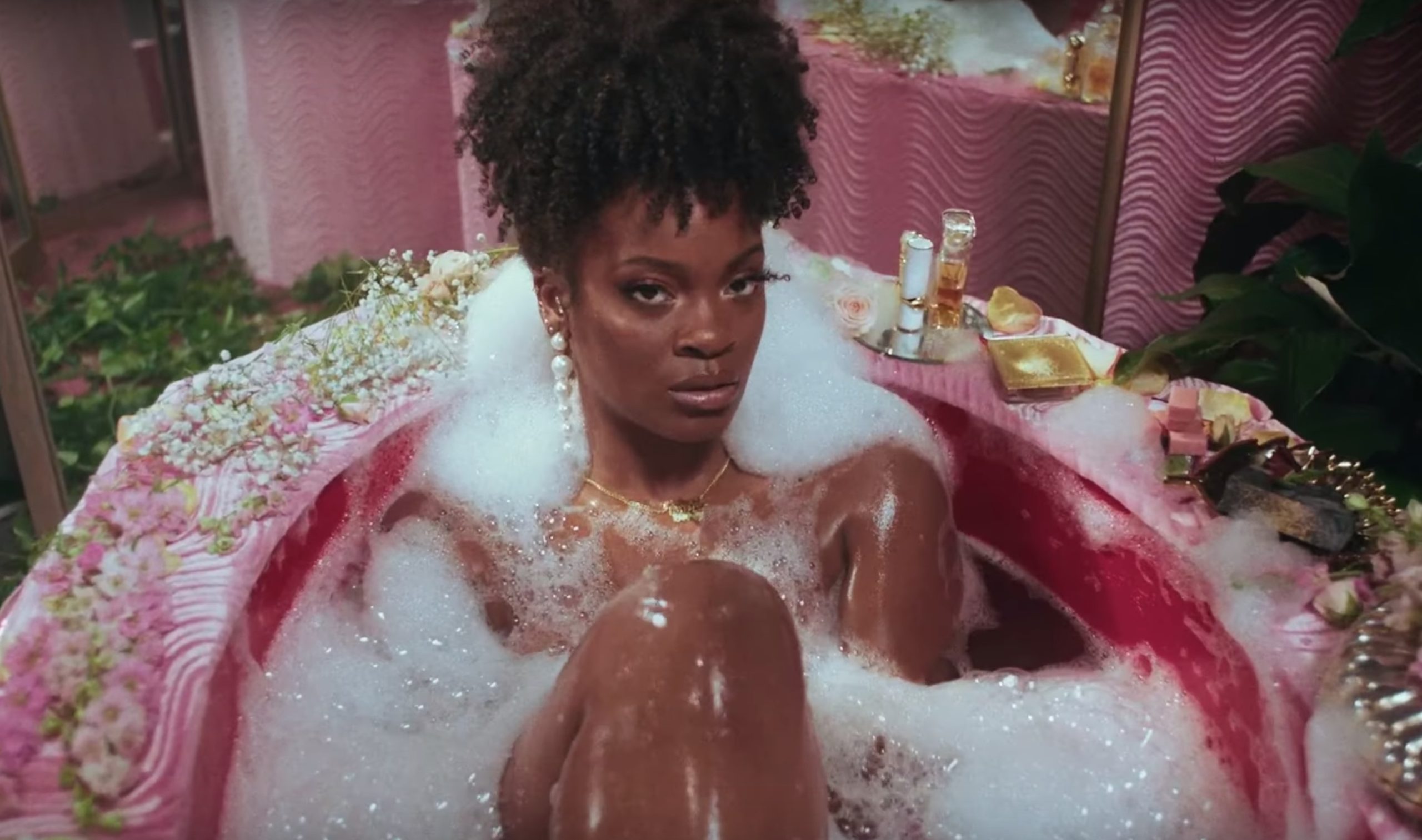
This kind of hatred was further visible by the number of tweets by South Africans going semi viral in response to Lennox’s comment towards Bucwa with most of these tweets attacking her physical features, her level of success and unsurprisingly threatening physical harm and violence towards the singer. One of the tweets ‘joked’ that they should send Bujy, a popular television presenter, who earlier this year allegedly physically attacked a fellow television presenter, Boity Thulo, to go over to the USA and enact that same type of violence towards Lennox.
“Actually, bashing Ari Lennox on Twitter won’t help, it’s time we call out the big guns. Someone hit up Bujy; we sending her over to USA to deal with this urgent matter quick fast in a hurry !!”
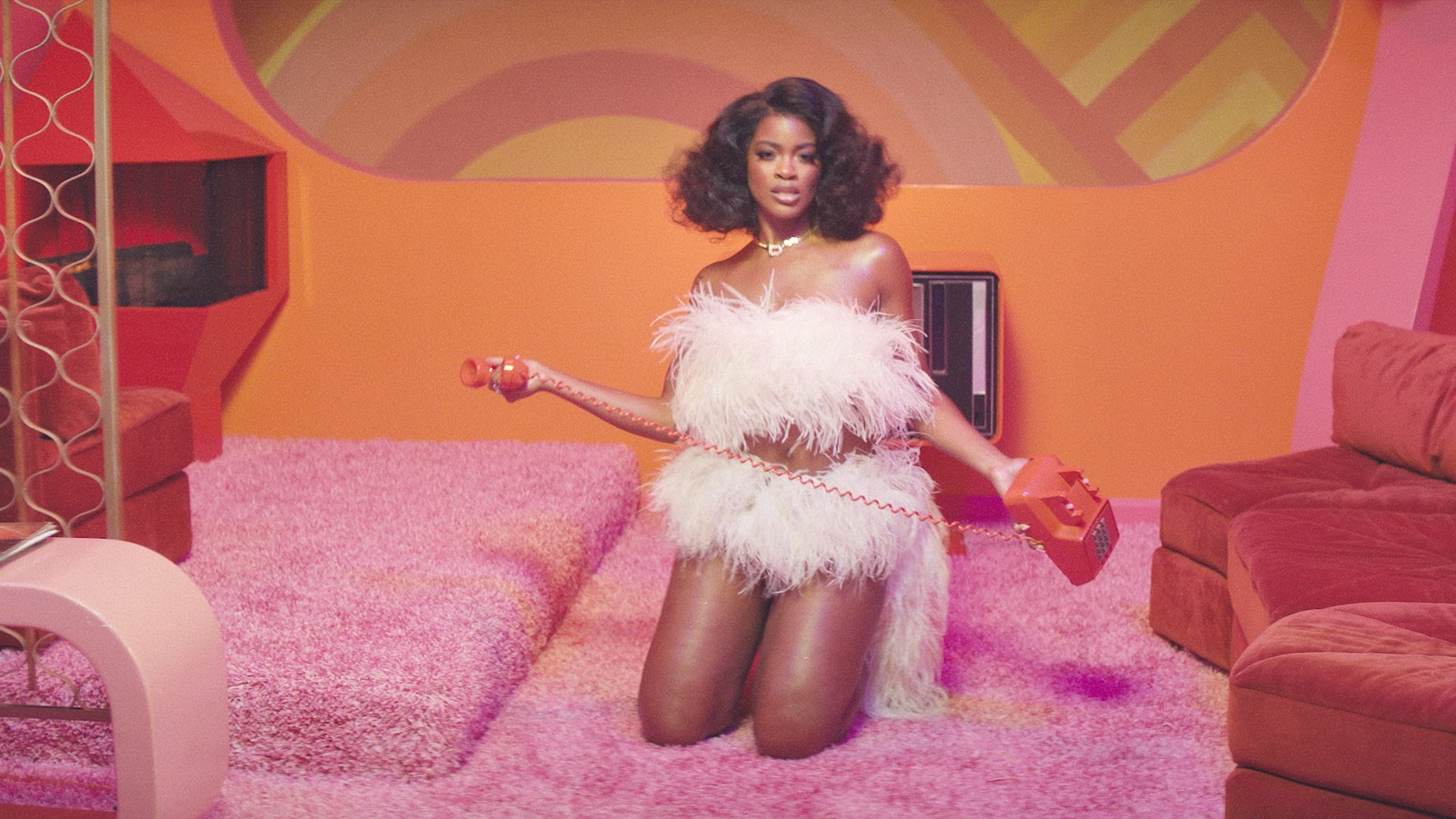

The intentional killing of femmes in South Africa reached an achingly high rate around 2019 with the WHO organisation reporting South Africa as the fourth highest country in the world to engage in femicide. This comes as no surprise to any person with an understanding of South Africa and its engagement in misogynistic thought and behaviours.
The act of assault, harassment and murder are rooted in the framework of conscious and unconscious agreements made by general South African society. This speaks to certain ideas with rape culture. Behaviours are rooted in ideas and thoughts. To understand why South African men specifically are engaging in heinous crimes against femmes in the country, there needs to be an evaluation of the psychology that is built by societal conditioning and perpetuations.
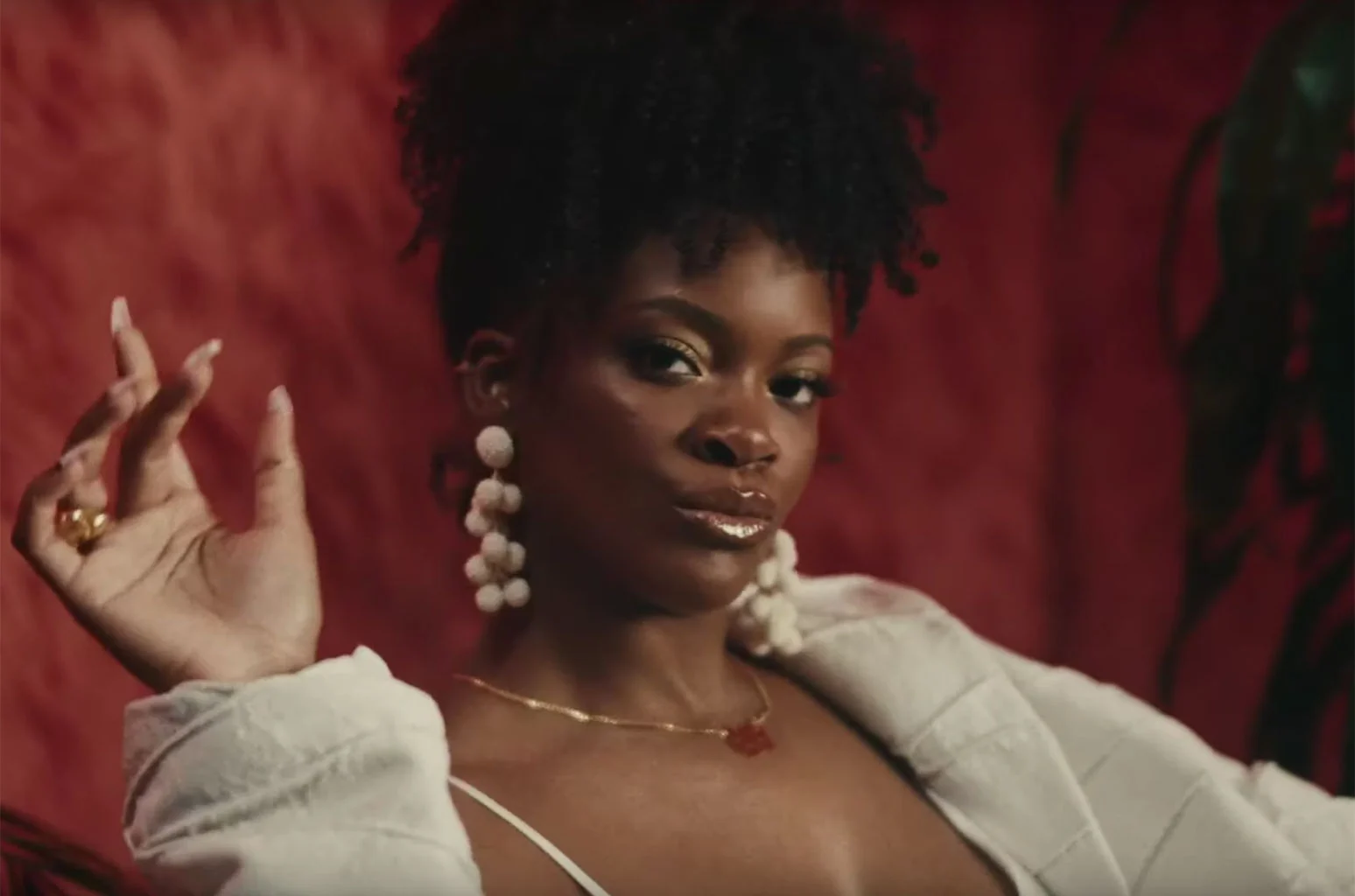
The comments made by a lot of South Africans online speak to this idea — that the generation of misogynistic thought will always spill into all kinds of industries, platforms and areas of life. Why is there an impulse for South Africans to respond to a tweet that they don’t like with threats of violence and stereotypical anti femme rhetoric? Why is there an impulse to invade and demolish the boundaries, dignities and humanity of femmes?
Even if there is nothing to respond to. Is being a ‘man’ in South Africa in line with cruelty against femmes? If these violent and sexist thoughts cannot change, why would these violent behaviours disappear?
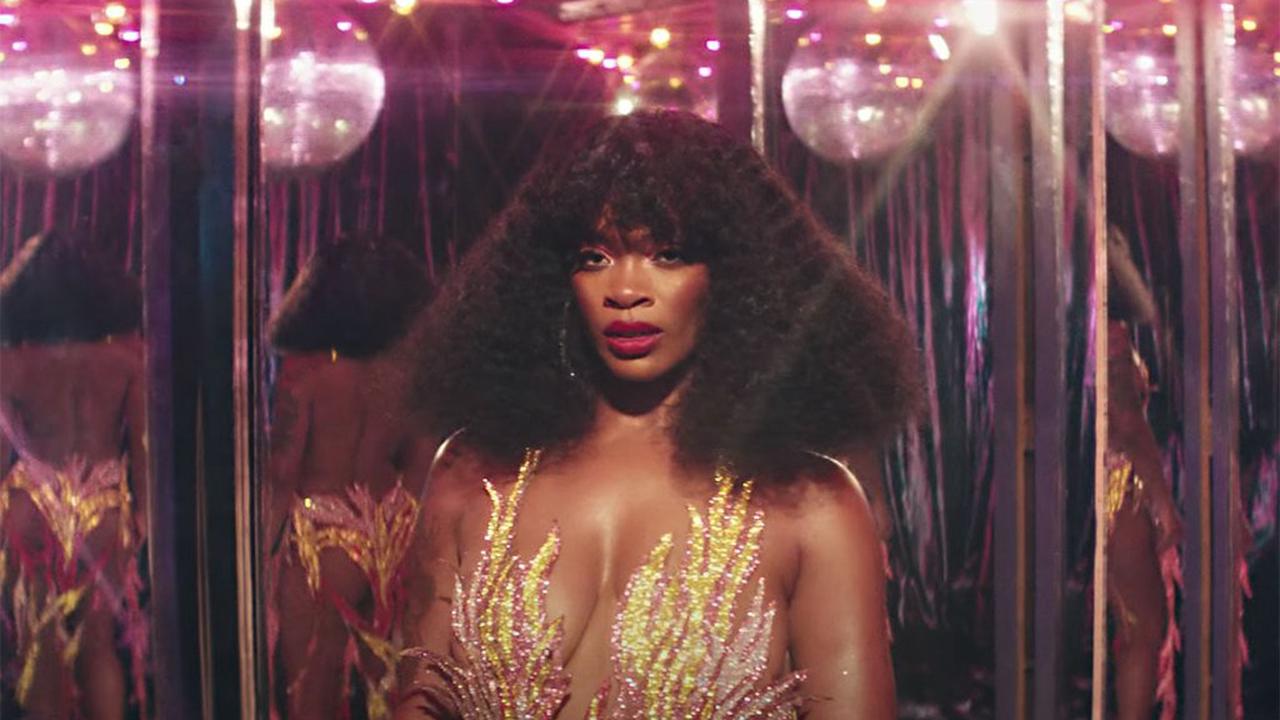
It is apparent that there is a payoff to engaging in these dehumanising behaviours. Mr Smeg is being coddled, supported and defended online. Mac G has gone on to make many more successful podcast episodes with no real consequences to his comments, even if said podcasts continue to engage in sexist, homophobic and transphobic dialogue.
To be a man and to engage in misogyny in South Africa is a benefit. It is valuable to their life experience. They are able to display incredibly disastrous tantrums and get praised for it. The system of patriarchy is one that affords privileges to men in this country. To ask sexist men to change in South Africa is to ask sexist men to — in their minds — give up on their power, privileges and rewards. Thus creating a very intimate kind of hell for all femmes that live in the country.




















































